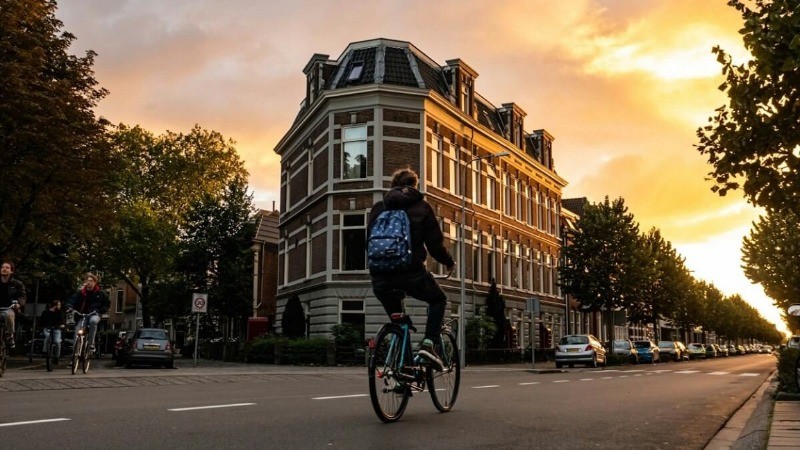
The Dutch government is advancing plans to reduce the use of English in its universities, aiming to address the rising number of international students in the country. Education Minister Eppo Bruins highlighted the need to restore Dutch as the primary language of instruction.
“I want to make the Dutch language the standard again,” Bruins said in a letter to the parliament. He expressed concern over the increasing number of foreign students, which has contributed to overcrowded lecture halls and a housing shortage for students.
The proposed bill seeks to reduce the percentage of bachelor’s degree programs taught in English to just one-third of all courses. This plan follows a similar initiative by the previous government, which had raised concerns about its potential impact on attracting international talent, particularly in fields like technology.
A report last year revealed that nearly 123,000 foreign students were enrolled in higher education programs in the Netherlands, accounting for 15% of the total student population. The majority of these students—over three-quarters—came from other European countries.
While educational migration plays a key role in supporting the economy, Bruins emphasized that the scale of this migration needs to remain manageable for the Netherlands.
The international student population in the Netherlands saw a modest 5.4% increase during the 2023-24 academic year, marking the slowest growth since 2014. This reflects the impact of the new policies, as the country’s right-wing coalition government has agreed on significant cuts to higher education funding and introduced further limitations on international students. However, regional disparities persist, with some Dutch institutions still actively seeking to attract foreign students, even exploring the potential for expanding transnational education (TNE) programs. The overall trend indicates a shift, as efforts to limit internationalisation begin to take effect.
Overt 40,000 Indians Apply for 1,000 Spots in Australia’s Working Holiday Visa Program
Australia Introduces New 'First Work and Holiday Visa' for Eligible Indians
Poland Tightens Visa Regulations Following Cash-for-Visa Scandal